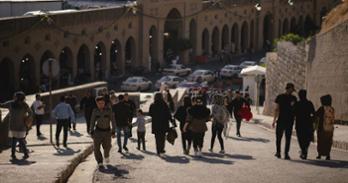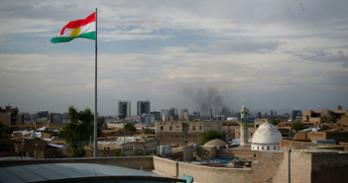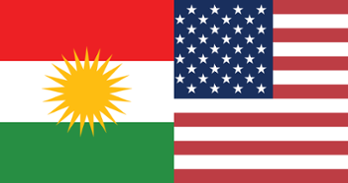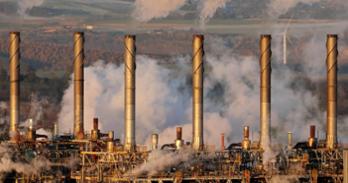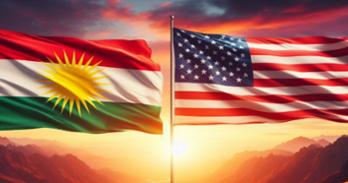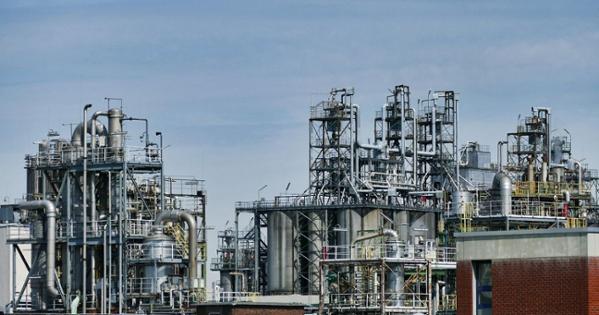
Policy Analysis ·
Is the Baghdad-Erbil oil deal a blueprint for settlement—or a stopgap?
After nearly two and a half years, a fragile but consequential agreement between Iraq’s federal government in Baghdad, the KRG in Erbil, the seven major Oil Companies (IOC), and a local Kurdish oil company has resumed oil exports.
Full Story
